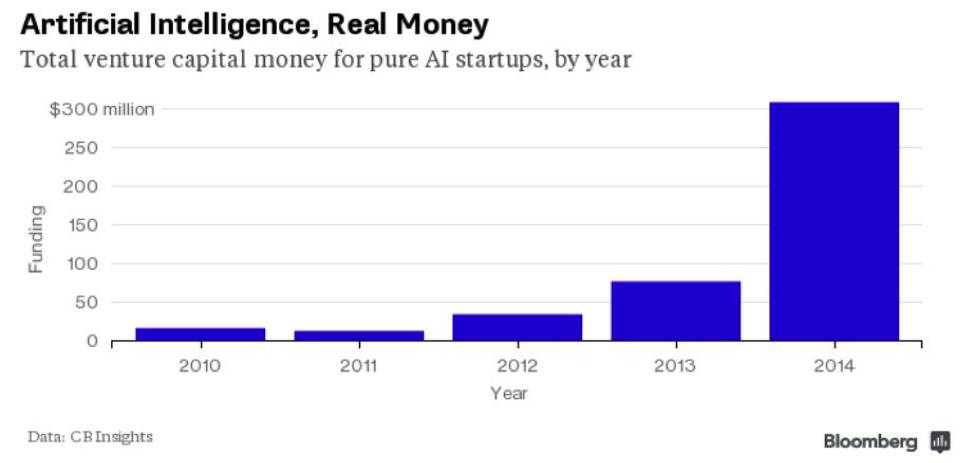The Role of Artificial Intelligence in Wealth Management: Discussing how wealth management firms are utilizing AI algorithms for portfolio optimization and asset allocation. - An Overview

Artificial Intelligence (AI) has developed as a transformative modern technology throughout several sectors, and the insurance market is no exemption. Insurance carriers are significantly leveraging AI to simplify their procedures, specifically in claims handling, underwriting, and risk analysis. By taking advantage of the energy of AI, insurance providers may strengthen productivity, reliability, and client total satisfaction while decreasing expense and mitigating risks.
Insurance claim handling is a important part of the insurance policy sector that requires careful examination of plan coverage and accurate resolve of insurance claim validity. Generally, declares handling involved hand-operated assessment and evaluation of documents such as plan contracts, accident reports, health care records, and repair estimations. This method was time-consuming and prone to human errors.
Along with AI-powered technologies like all-natural foreign language processing (NLP), insurance carriers can automate parts of the case processing workflow. NLP algorithms can easily remove applicable information from unstructured information sources such as claim forms or crash records. By immediately examining these documents for key info like dates, locations, styles of damage or traumas reported, AI bodies may support claims insurers in producing faster decisions.
In addition, device discovering algorithms permit insurers to identify patterns in historical information related to illegal case. By recognizing irregularities or doubtful tasks within large datasets much more successfully than human beings ever might manually assess them alone—AI-powered devices may assist stop insurance coverage fraud efficiently.
Underwriting is another important region where AI is improving the insurance coverage landscape. Typically underwriters have count on manual processes that include determining an applicant's threat profile page located on various factors like age demographics; credit score background; driving reports; clinical condition(s); etc.—and then determining proper superiors appropriately.
AI modern technologies automate this procedure through studying extensive amounts of data quickly—such as social media articles or publicly readily available online information—to determine an applicant's risk profile page properly. Equipment learning styles educated on historical record can identify designs that individual underwriters may overlook—leading to even more correct danger analyses and fairer superior costs for customers.
In addition; anticipating analytics devices powered through AI enable insurance companies to anticipate future claims and predict possible losses precisely. These understandings assist insurance carriers allot information more properly, prepared necessary books, and maximize their risk profiles.
Risk analysis is a important component of the insurance policy industry. Read This must assess risks associated with covering a particular person, residential or commercial property, or company. Traditionally, this method entailed hand-operated evaluation and expert judgment—a time-consuming and individual method.

AI-based risk assessment units leverage major record analytics to review dangers in real-time along with additional rate and precision. By continually keeping an eye on different information sources—such as weather condition designs, economic red flags, market trends—AI systems may supply insurance carriers with early alerts concerning possible risks or adjustments in risk profile pages for details policies or sites.
Moreover; AI-powered chatbots are more and more being made use of through insurers to boost consumer company and engagement. These digital assistants can easily handle regular inquiries from insurance policy holders concerning their insurance coverage details; assert standing updates; premium repayment reminders etc.—all without human assistance.
In verdict, Artificial Intelligence is revolutionizing the insurance policy field by simplifying case handling, underwriting methods, and danger assessments. Through automating tedious jobs generally done manually—AI modern technologies enrich efficiency; lower expense; improve accuracy; protect against frauds & mitigate risks while delivering better client experiences overall. As AI carries on to evolve rapidly—the insurance industry are going to undeniably watch more advancement and change in the coming years
